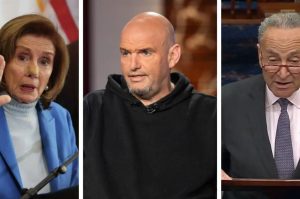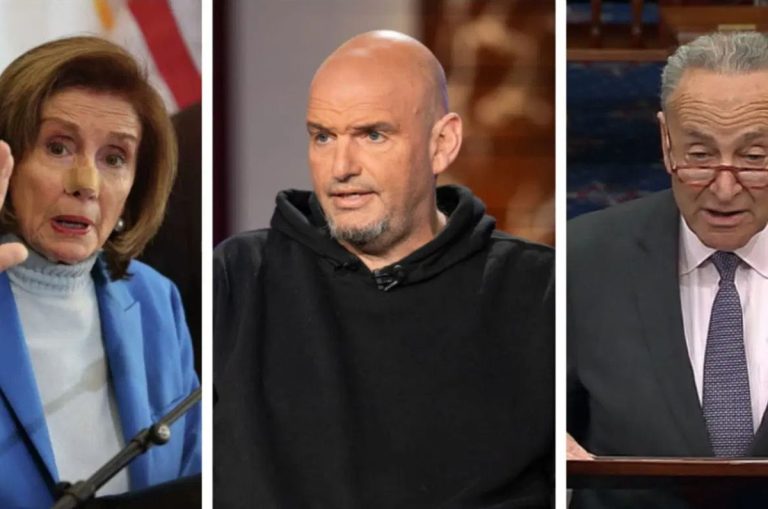In a dramatic and unexpected move, former President Donald Trump removed two high-ranking officials tied to the nation’s cultural and intellectual infrastructure—first firing the Librarian of Congress and then, just days later, dismissing the U.S. Register of Copyrights.
Shira Perlmutter, who served as Director of the U.S. Copyright Office, was abruptly let go after receiving a terse email from the Trump White House stating that her position was “terminated effective immediately.” The news was first reported by The Washington Post.
Her termination came shortly after the firing of Carla Hayden, the Librarian of Congress, who had originally appointed Perlmutter to lead the Copyright Office back in 2020. Both women were reportedly informed of their dismissals via email, a method that many critics described as impersonal and indicative of a broader political purge.
The Trump administration provided no public explanation for either firing. However, sources familiar with the decisions say the moves were part of a larger effort to replace institutional figures seen as unsupportive or out of step with Trump’s policy objectives.
Carla Hayden made history as the first African American and first woman to serve as the head of the Library of Congress. Her appointment had been hailed as a progressive milestone. But her leadership style, along with her choice of appointees like Perlmutter, apparently put her at odds with some inside the Trump administration.
Meanwhile, separate revelations from federal prosecutors have exposed serious fraud within another major government agency.
A USAID contract specialist, Yusuf Akoll, is accused of stealing coronavirus relief funds by creating a fake company and applying for two Paycheck Protection Program (PPP) loans totaling over $16,000. According to court filings, Akoll falsely claimed that his company—Naagode Consulting LLC—had been operational in early 2020, even though it was actually formed months later.
Prosecutors allege that Akoll submitted fraudulent documents, including a fake revenue report claiming his non-existent company had earned $40,000 in 2019—before it legally existed. These misrepresentations were enough to secure government money at the height of the pandemic, when federal agencies were under pressure to disburse funds quickly.
The charges against Akoll are being handled through a criminal “information,” a legal route often used when a defendant is negotiating a plea deal. Akoll previously oversaw large amounts of foreign aid funding at USAID, which has since been dissolved and folded into the State Department amid growing concerns over financial mismanagement.
This case, along with others like it, highlights the flaws of the federal government’s “pay now, chase later” approach to pandemic-era relief. Experts say basic background checks—such as verifying a company’s founding date—could have prevented many fraudulent payouts.
Further controversy erupted when the Biden administration announced in 2023 that it would stop trying to collect pandemic loans under $100,000, even if they were fraudulently obtained. Officials cited concerns over “equity,” but critics argue the decision sent the wrong message about accountability.
Together, these developments show the deep cracks within federal oversight systems—both in cultural institutions and financial agencies—and the lingering consequences of fast-tracked pandemic aid that went largely unchecked.









